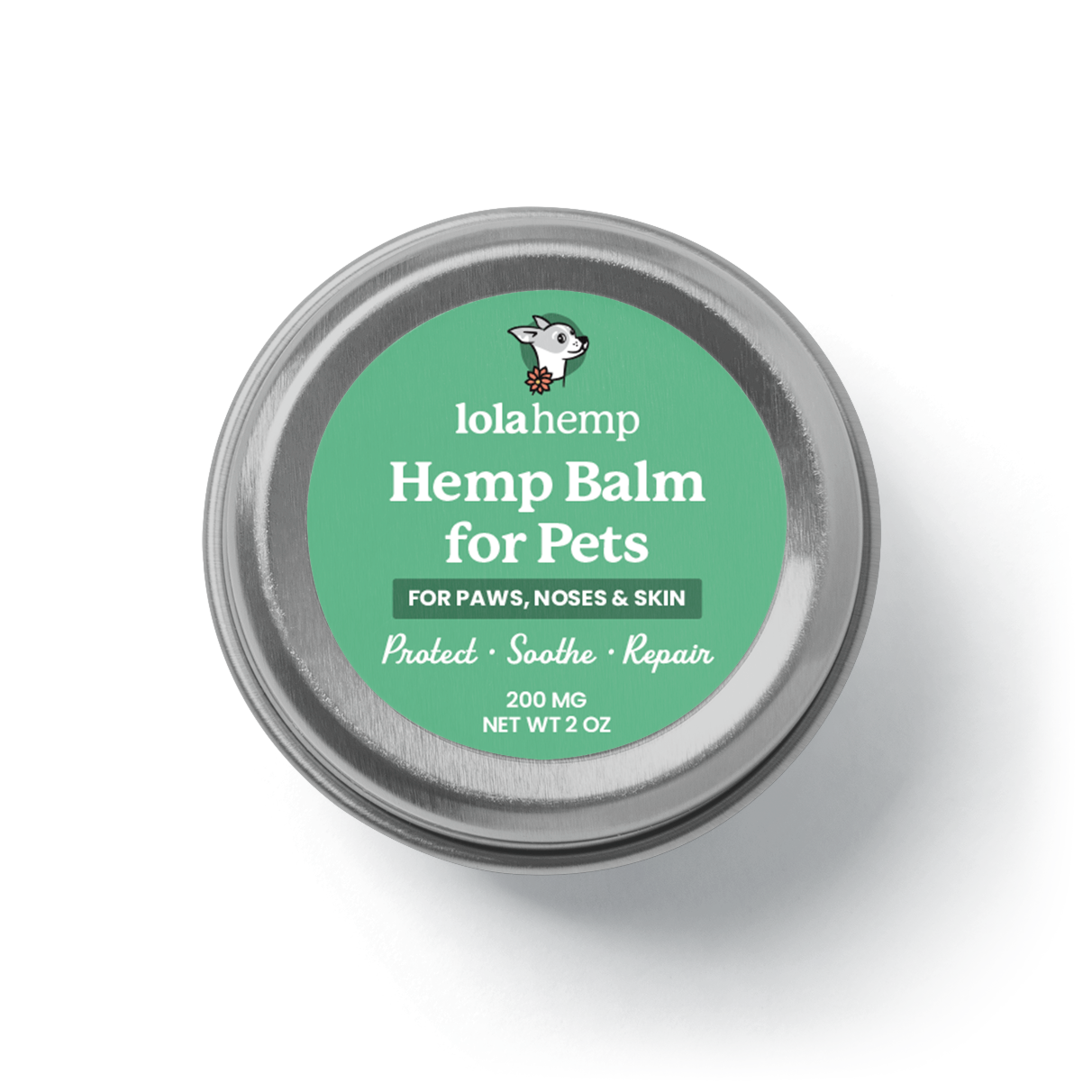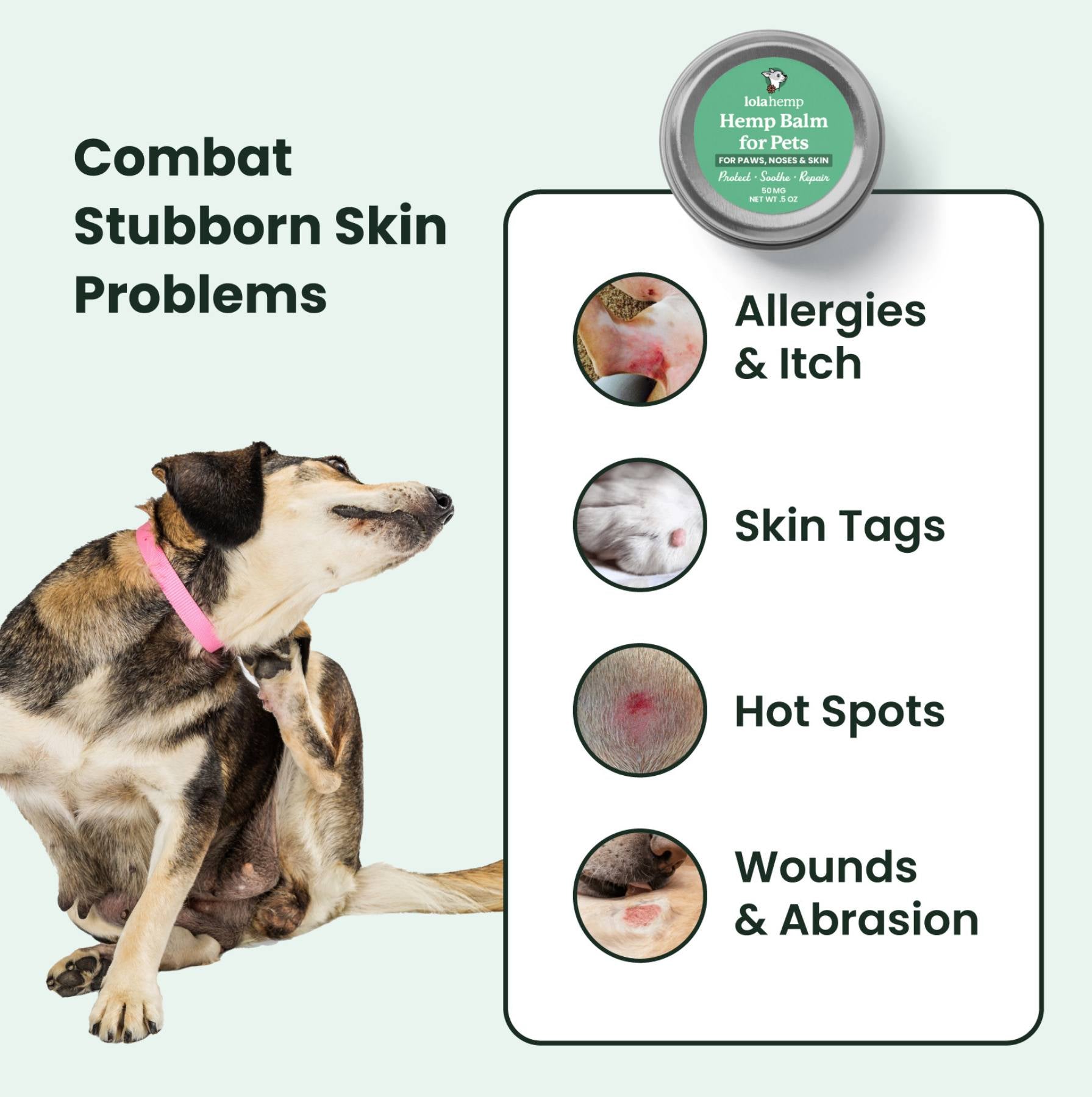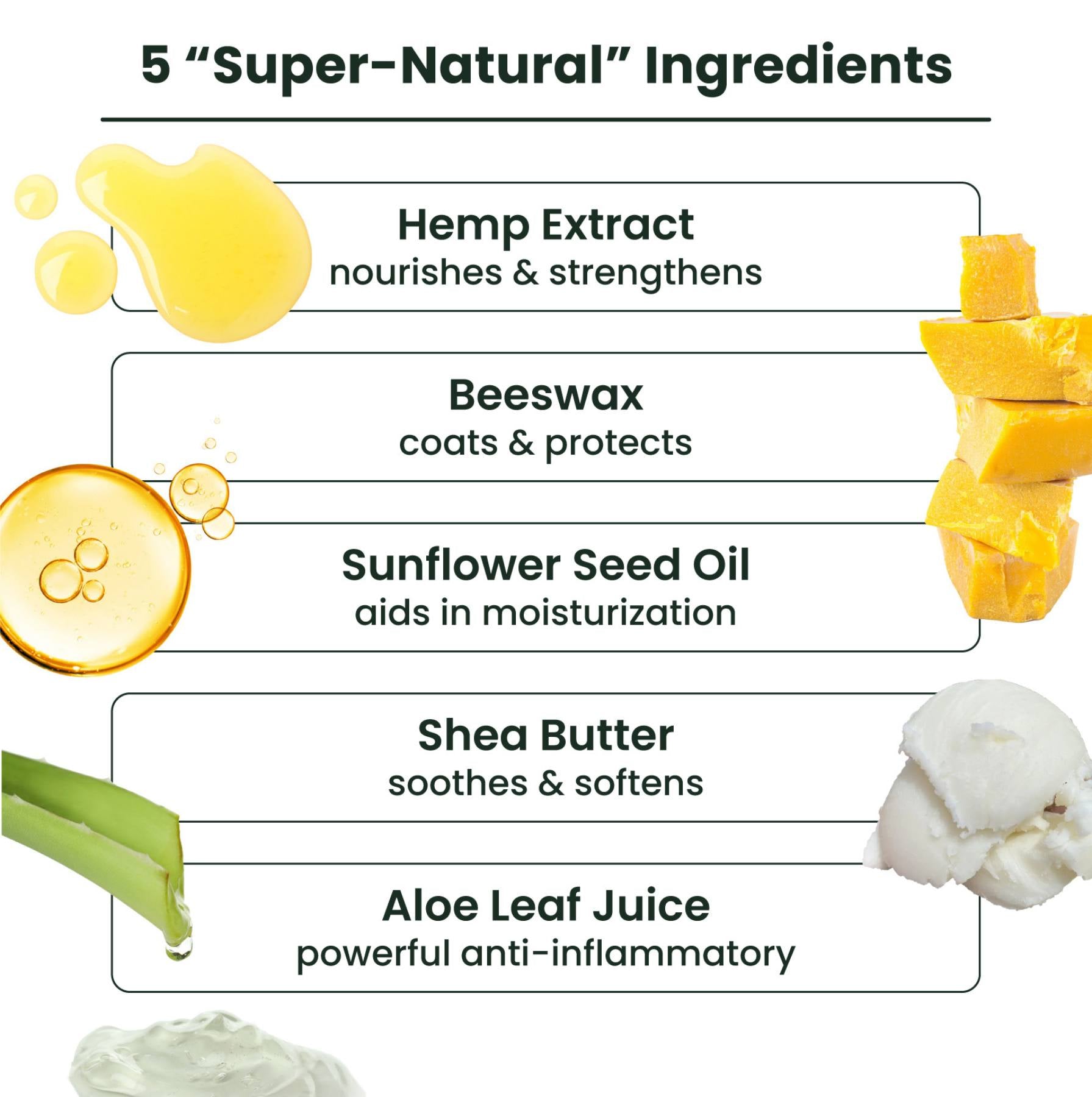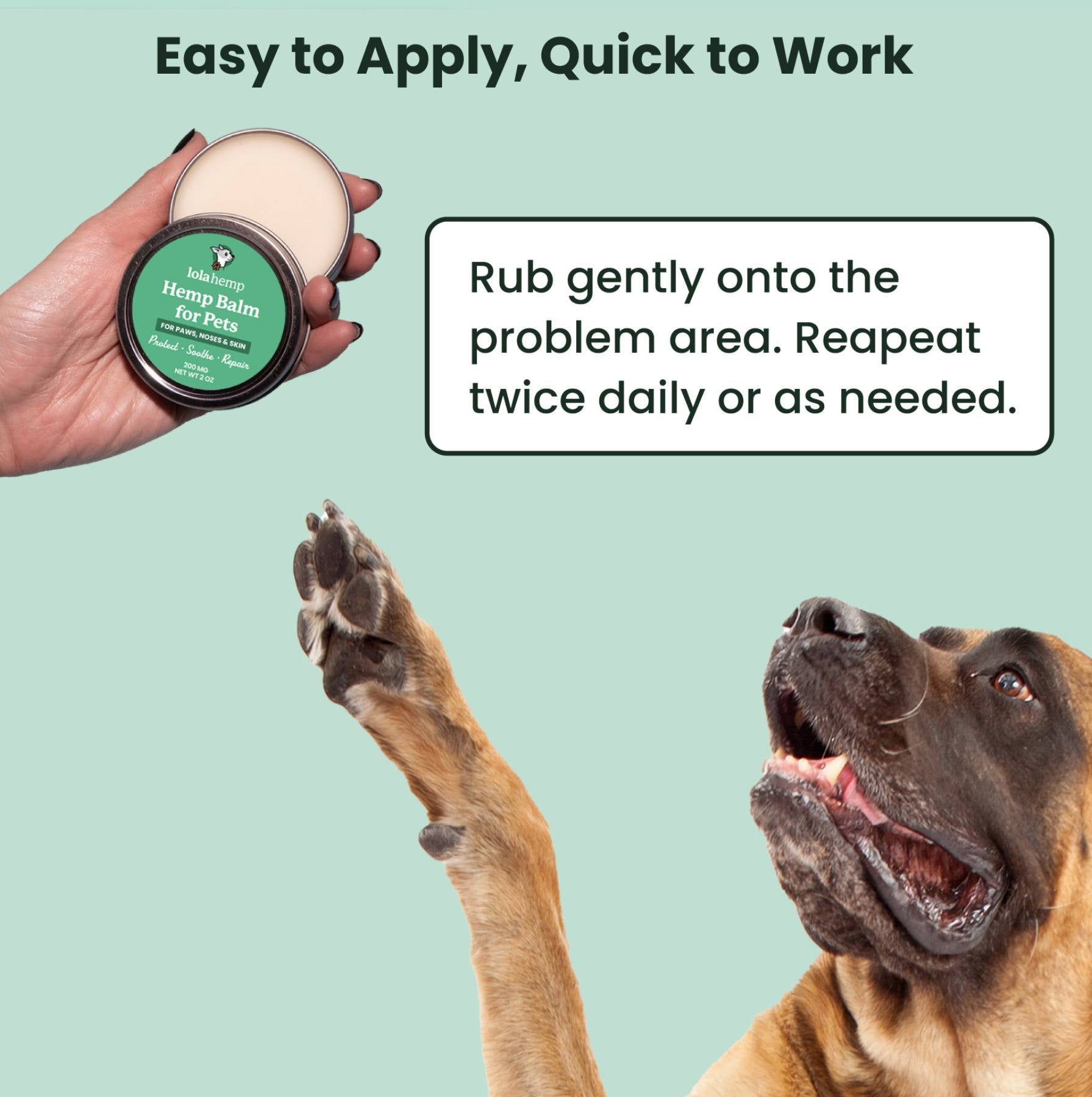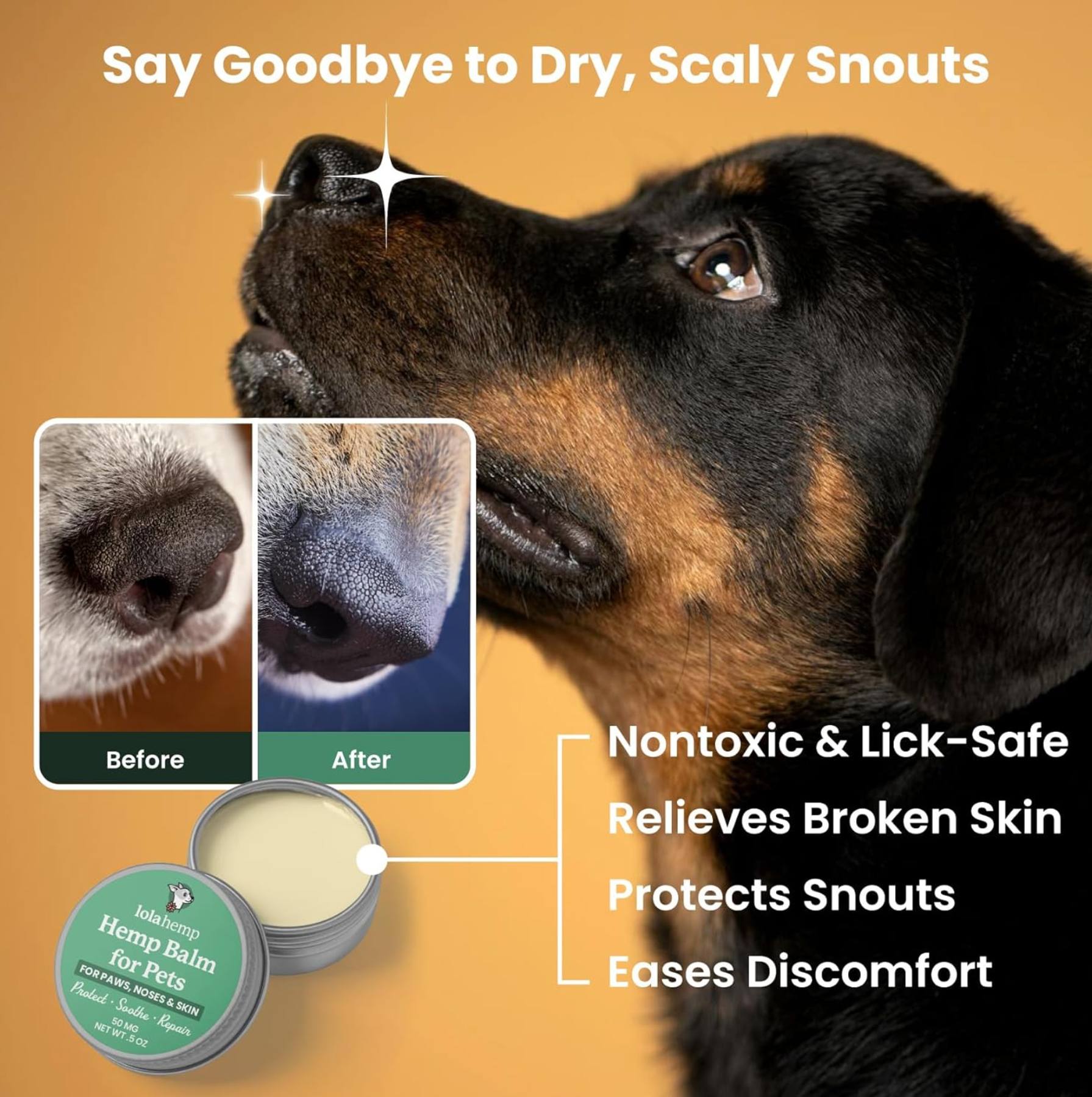Benadryl is one of those household names that most people recognize, often reaching for it when allergies flare up, a pesky rash appears, or when motion sickness strikes.
It’s a go-to over-the-counter medication for humans, used to treat a variety of symptoms like sneezing, itching, watery eyes, and even mild allergic reactions. Benadryl for cats is used in much the same way as it is for humans - to address allergy symptoms.
Benadryl is the name-brand medication for the antihistamine drug called diphenhydramine. It is not created for use in pets, although many veterinarians will recommend it. Before diving in, note that there are natural alternatives to Benadryl you can use to address your cat's allergies.
- Is Benadryl Safe for A Cat?
- Benadryl Use in Cats
- Cats That Should Not Have Diphenhydramine Hydrochloride (Benadryl)
- Potential Side Effects and Risks of Benadryl
- Correct Cat Benadryl Dosage
- Benadryl Overdose in Cats
- Natural Alternatives to Benadryl
- Final Thoughts on Benadryl for Cats
- Frequently Asked Questions About Benadryl for Cats
Is Benadryl Safe for A Cat?
The short answer is that Benadryl can be safe for a cat—but only under the right circumstances and with proper veterinary guidance.

Veterinarians sometimes recommend Benadryl for cats, but it's not a one-size-fits-all solution. A cat has a unique metabolism, and its body processes medications differently than humans or even dogs.
This means that while Benadryl can be helpful, it must be used cautiously to avoid potential side effects.
What is Benadryl?
Benadryl is the brand name for Diphenhydramine Hydrochloride drug, an antihistamine medication that blocks the effects of histamine in your body.
What are Histamines & Antihistamines?
Histamine is a chemical released by the immune system during an allergic reaction, causing symptoms like itching, swelling, and redness.
Diphenhydramine Hydrochloride (HCL) blocks histamine and helps to alleviate uncomfortable symptoms of an allergic reaction like runny nose and sneezing.
Benadryl Use in Cats
While Benadryl is formulated for humans and it’s not FDA-approved for pets, veterinarians recommend it for cats under certain circumstances.
Veterinarians may recommend Benadryl when cats are dealing with allergies, motion sickness, sleep problems, or easing symptoms of anxiety in some cases.
Benadryl to a cat isn’t as straightforward as it is for humans. A cat has unique biology with its own specific needs, and what works for us doesn’t always work for it.

What Benadryl Can Do for Cats
There are common scenarios that might warrant a cat Benadryl prescription. Here’s a look at when it might be used and what it can help with.
1. Ease Allergic Reactions
Benadryl is commonly used to alleviate symptoms of allergic reactions in cats.
Cat Benadryl can help reduce itching, swelling, and other allergic symptoms.
Types of Cat Allergies
A cat can suffer from various allergies, including environmental allergies triggered by pollen, mold, or dust mites.
Food allergies from specific ingredients can cause gastrointestinal issues and skin irritations, while flea allergies can result in severe itching and hair loss.
Contact allergy occurs when a cat’s skin reacts to certain fabrics or chemicals.
2. Benadryl Cannot Relieve Motion Sickness in Cats
Antihistamines are effective at relieving motion sickness in dogs, but not cats.
Why Doesn't Benadryl Relieve Motion Sickness in Cats?
Cats don't have histamine receptors in the CRTZ, so antihistamines don't relieve their variety of motion sickness.
3. Support Anxiety
Some cats are naturally anxious, whether it’s due to separation, loud noises, or new environments. In these cases, cat Benadryl may be suggested as a mild sedative.
Other options like CBD oil safe for cats can be a better option.
4. Pre-Surgical Sedation
In some cases, Benadryl might be used to sedate a cat before a procedure.
Always consult your vet to ensure that cat Benadryl is appropriate for your pet’s specific needs.
Cats That Should Not Have Diphenhydramine Hydrochloride (Benadryl)
While cat Benadryl can be useful in certain situations, it’s not suitable for every cat.

Kittens Less Than 6 Months Old
Young kittens are more sensitive to medications and may not metabolize diphenhydramine properly.
Pregnant or Nursing Cats
The safety of diphenhydramine HCL for pregnant or nursing cats hasn’t been well established.
A Cat on Certain Medications
If your cat is already taking other medicines, particularly those affecting the CNS or liver, diphenhydramine could interact negatively.
A Cat Allergic to Benadryl
If your cat has previously shown signs of severe allergic reaction to diphenhydramine, avoid administering it.
Cats with Glaucoma
Diphenhydramine can increase intraocular pressure, which is dangerous for glaucoma cats.
A Cat with Cardiovascular Disease
If your cat has heart disease or high blood pressure, diphenhydramine is generally not recommended.
A Cat with Hyperthyroidism
Diphendydramine might exacerbate hyperthyroid symptoms.
Cats with Respiratory Conditions
If your cat has asthma or other respiratory issues, diphenhydramine could worsen symptoms.
Always consult with your veterinarian before giving your cat any medicine.
Potential Side Effects and Risks of Benadryl
There are potential side effects and risks that you should be aware of.

1. Drowsiness and Sedation
Most cats will experience some level of drowsiness.
2. Excitement
Some cats experience paradoxical hyperactivity.
2. Lethargy
Some cats may become lethargic or less responsive.
3. Vomiting and Diarrhea
GI upset is possible.
4. Dry Mouth
Benadryl can cause dry mouth and increased thirst.
5. Lack of Appetite
Some cats may temporarily lose interest in food.
6. Allergic Reactions
Rare but serious—swelling, hives, difficulty breathing.
7. Interactions with Other Medications
Benadryl can interact with other meds.
Correct Cat Benadryl Dosage
Getting the dose right is crucial.

The general rule is about 1 mg per pound of body weight, given every 8 to 12 hours.
1. Benadryl Tablets & Pills
Benadryl pills can be tricky to administer.
2. Liquid Benadryl
Liquid is easier to dose.
Ensure the liquid has no sodium or flavoring agents.
Is Your Cat Foaming at The Mouth After Liquid Benadryl?
This is often due to the taste or sweeteners.
3. Benadryl Chewables
Some cats may prefer chewables but ensure correct dosage.
Your vet will determine what’s safe.
Benadryl Overdose in Cats
Overdosing can be dangerous.
Symptoms include extreme lethargy, difficulty breathing, coma, seizures, dry mouth, respiratory depression.
If you suspect overdose, visit your vet immediately.
Natural Alternatives to Benadryl
Natural options may be gentler.

1. CBD Oil for Calming & Allergies
CBD interacts with the endocannabinoid system to promote relaxation.
2. Fish Oil for Cat Skin Allergies
Fish oil helps reduce inflammation.
3. Vitamin E
Vitamin E supports healthy skin.
4. Oatmeal Shampoos
Oatmeal shampoos soothe itchy skin.
5. Fatty Acids
Fatty acids improve coat quality and reduce skin inflammation.
Final Thoughts on Benadryl for Cats
Benadryl can help cats when used correctly.
Always consult your veterinarian before administering any medication.
Frequently Asked Questions About Benadryl for Cats
Is Benadryl safe for cats?
Benadryl can be safe for cats when used under veterinary guidance.
What does Benadryl help with in cats?
Benadryl may help with allergies, itching, anxiety, and pre-surgical sedation.
What cats should not take Benadryl?
Kittens under 6 months, pregnant/nursing cats, cats with glaucoma, heart disease, hyperthyroidism, respiratory conditions, or certain medication interactions.
What are the side effects of Benadryl in cats?
Side effects can include drowsiness, hyperactivity, vomiting, dry mouth, lethargy, or allergic reactions.
How much Benadryl can I give my cat?
The general guideline is 1 mg per pound of body weight every 8–12 hours.
Can Benadryl cause overdose in cats?
Yes. Overdose can lead to seizures, coma, difficulty breathing, and requires immediate veterinary care.
Are there natural alternatives to Benadryl for cats?
Yes, such as CBD oil, fish oil, vitamin E, oatmeal shampoos, and fatty acid supplements.

